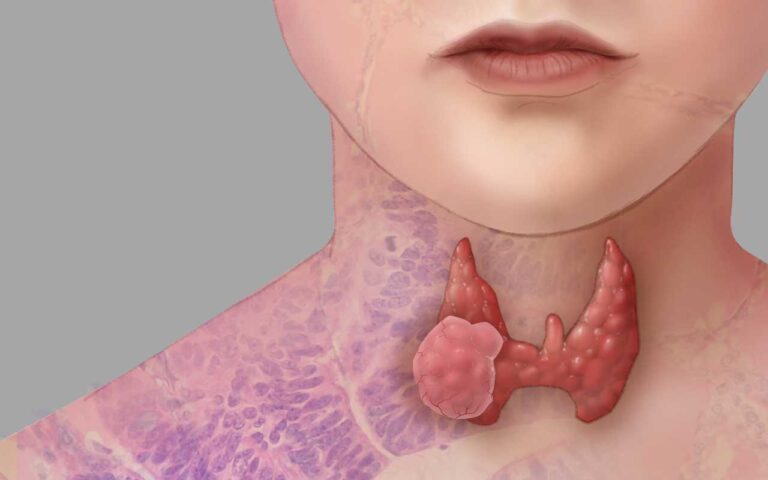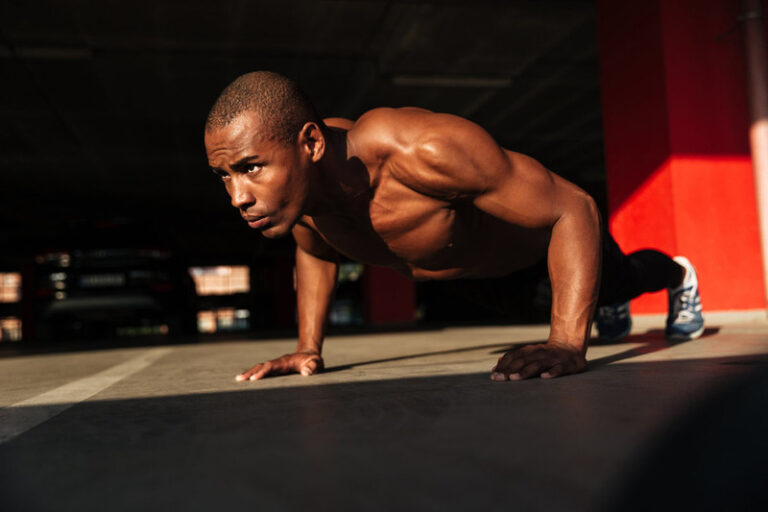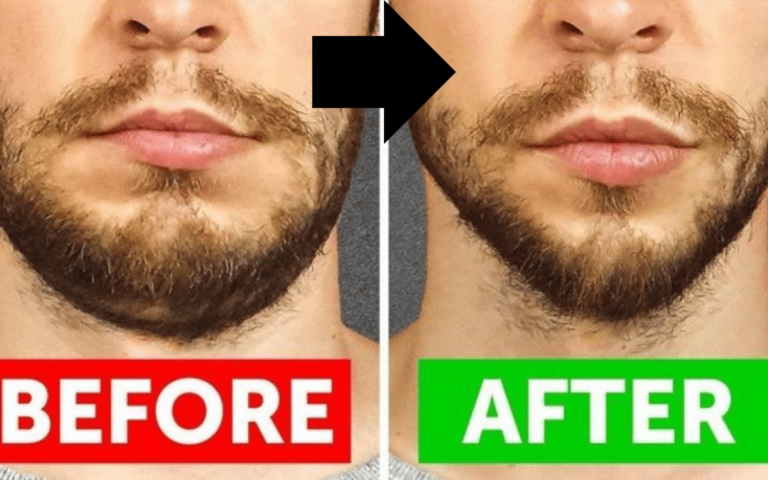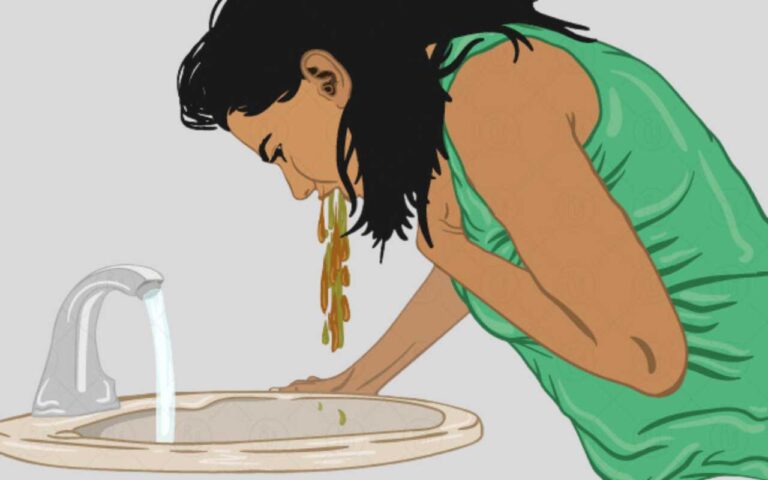10 Tips To Stay Hydrated During Workouts
Stay Hydrated: staying hydrated during workouts is essential for maintaining performance, preventing injury, and ensuring overall health. Whether you’re a casual exerciser or a seasoned athlete, hydration is key to maximizing your workout results and staying safe. Here are ten tips to help you stay hydrated during your workouts:
1. Start Hydrated
The first step to staying hydrated during a workout is to start your session well-hydrated. Drinking water throughout the day, not just before exercise, ensures that your body’s water levels are optimal when you begin your workout. Aim to drink 17-20 ounces of water about 2-3 hours before you exercise. If you’re well-hydrated before you start, your body will be better equipped to handle the fluid loss that occurs during exercise. (Stay Hydrated)
2. Understand Your Sweat Rate
Everyone sweats at different rates depending on factors like body size, exercise intensity, and environmental conditions. Understanding your sweat rate can help you determine how much fluid you need to replace during your workout. You can estimate your sweat rate by weighing yourself before and after exercise. For every pound lost, you need to drink about 16-24 ounces of water to replace the lost fluids.
3. Drink Regularly During Exercise
Instead of waiting until you feel thirsty, try to sip water regularly throughout your workout. Thirst is a sign that your body is already slightly dehydrated. A good rule of thumb is to drink about 7-10 ounces of water every 10-20 minutes during exercise. This consistent intake helps maintain fluid balance and prevents dehydration.
4. Use Electrolyte Drinks for Intense Workouts
During long or intense workouts, especially in hot conditions, you lose not just water but also electrolytes like sodium, potassium, and magnesium. These electrolytes are crucial for maintaining fluid balance, muscle function, and energy levels. Consider using an electrolyte drink or adding electrolyte tablets to your water if you’re exercising for more than an hour or in particularly sweaty conditions. (Stay Hydrated) best to drink for dehydration
5. Choose the Right Fluids
While water is the best hydration source for most workouts, there are times when other fluids might be more appropriate. For example, sports drinks can be beneficial for endurance activities because they provide not only hydration but also energy in the form of carbohydrates and electrolytes. However, be cautious with drinks high in sugar or artificial ingredients, as they can cause gastrointestinal discomfort and don’t always provide the best hydration.
6. Monitor the Color of Your Urine
One of the simplest ways to monitor your hydration status is by checking the color of your urine. Clear or light-colored urine generally indicates good hydration, while dark yellow or amber-colored urine can be a sign of dehydration. Monitoring this throughout the day can help you adjust your fluid intake accordingly, especially before and after workouts.
7. Hydrate Post-Workout
Rehydrating after a workout is just as important as staying hydrated during it. After exercising, your body needs to replenish the fluids and electrolytes lost through sweat. Drinking water or an electrolyte drink within 30 minutes of finishing your workout helps kickstart the recovery process, reduces muscle soreness, and ensures that you’re ready for your next session.
8. Consider the Weather
Environmental conditions play a significant role in how much you need to hydrate. Hot and humid weather increases your sweat rate, meaning you’ll need to drink more water to stay hydrated. Conversely, cold weather can reduce the sensation of thirst, leading to unintentional dehydration. Always adjust your hydration strategy based on the weather, and be particularly vigilant in extreme conditions.
Stretching: Improve Your Flexibility
9. Eat Hydrating Foods
In addition to drinking fluids, eating water-rich foods can contribute to your overall hydration. Fruits and vegetables like watermelon, cucumbers, oranges, and strawberries have high water content and can help you stay hydrated. Incorporating these into your pre-and post-workout meals or snacks provides not only hydration but also essential nutrients that support your exercise performance and recovery.
10. Listen to Your Body
Your body gives you signals when it needs water. Dizziness, headaches, dry mouth, or muscle cramps during or after exercise can be signs of dehydration. Listen to these cues and adjust your fluid intake accordingly. Don’t ignore these signs, as dehydration can lead to more serious health issues, including heat exhaustion or heatstroke, especially in hot conditions. (Stay Hydrated)
What not to drink when exercising
- Avoid cordial, soft drinks or juice.
- Avoid caffeine, it can be a diuretic
Make these tips a part of your regular workout routine, and you’ll see improvements in both your performance and your overall health. (Stay Hydrated)








One Comment